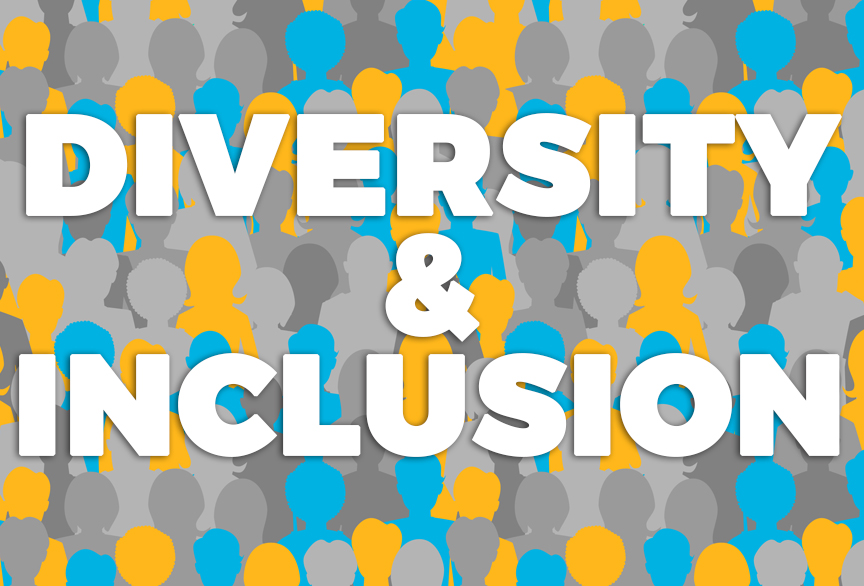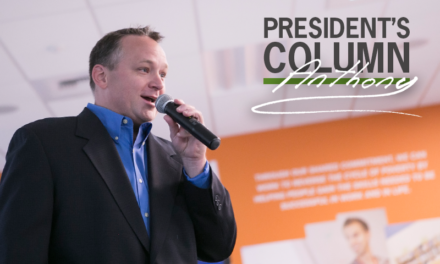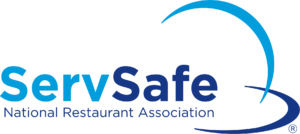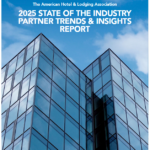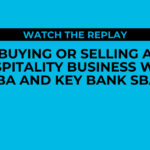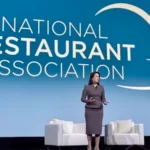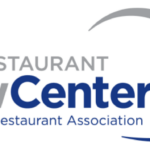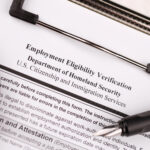By Paul Schlienz
Experts in hospitality say diversity and inclusion help your business’ bottom line when you work both into your daily operations.
“Our workforce and our guests are multicultural,” said Gerry Fernandez, president and founder of the Multicultural Foodservice & Hospitality Alliance, a Rhode Island-based organization, that promotes diversity in the hospitality industry by helping operators develop their own diversity outreach.
The industry is as multicultural as it is because it is a relatively easy pathway into the economy with no need for degrees or certifications to get a foot in the door, said Taylor Hoang, executive director of Seattle’s Ethnic Business Coalition and a restaurateur who has received the National Restaurant Association Education Foundation’s Faces of Diversity American Dream Award in 2016.
“The food industry is the low-barrier entry that many cultural groups and immigrants use to establish themselves in the United States,” Hoang said. “It is an industry that is able to open doors for anybody.”
[expander_maker id=”1″ more=”Read more” less=”Read less”]
Fernandez urges operators to expand their hiring practices.
“If you have a very diverse cultural base, but you only hire from one cultural group, you’re missing out on opportunities to better connect and learn how to sell to that customer base,” Fernandez said.
Fernandez said that, above all, it makes business sense.
Fernandez also said having a diverse workforce can prevent companies from getting in trouble by making embarrassing cultural faux pas.
“We have blind spots,” Fernandez said. “We can’t know everything about every cultural group the same way we know our own. You must have diversity of thought, perspective. If you have all that on your team, you’re going to make the best decisions. You’re not going to make obvious mistakes that end up in social media or on the news for some silly thing.”
Fernandez provided insight as to how hospitality owners can incorporate diversity and inclusion into business operations.
“In your outreach, whether it is through advertising, social media, attending job fairs, sponsoring events or donating gift certificates, you should always have an inclusive eye on every place you reach out to customers or employees,” said Fernandez. ” You should be asking yourself, ‘Are we being inclusive? Is this reaching underrepresented groups?'”
Fernandez said he believes that once operators ask themselves these questions, they will usually find they are doing a good job in some areas of outreach, while other areas will need more work. He also said employers can consult their staff members as they try to make their workplace more diverse.
“Ask the people who work for you where you should be promoting jobs,” Fernandez said. “Ask your employees how you can reach more people from their community. Ask if you’re sending the right message.”
Hoang said she believes the foodservice industry as a whole needs to emphasize and give credit to the many ethnic groups that comprise much of the back-of-the-house employees without whom the industry could not succeed.
“A celebrity chef can’t run his restaurant by himself,” Hoang said. “There are people behind him. Give them the same glorification that we give the celebrity chefs.”
Ultimately, Fernandez said he believes diversity goes hand-in-hand with the core mission of the hospitality industry.
“When you sit down and you have a meal with somebody, we realize we are more alike than we’re unalike,” said Fernandez. “Our restaurants and hotels have to be safe havens where cultural differences can co-exist in a hospitable way. We have to work to see that our businesses are places where you can go and feel comfortable that you’re going to be treated with respect, dignity and humanity. If we don’t do it, and we’re the hospitality industry, who will?”
[/expander_maker]

